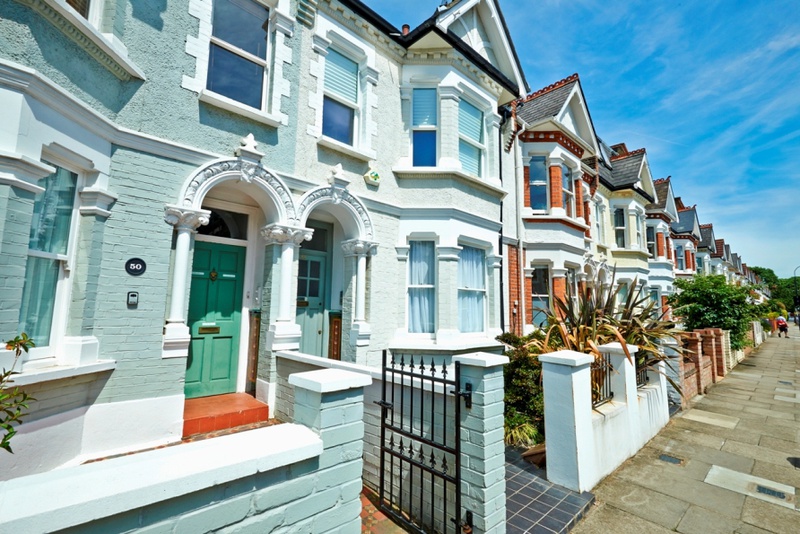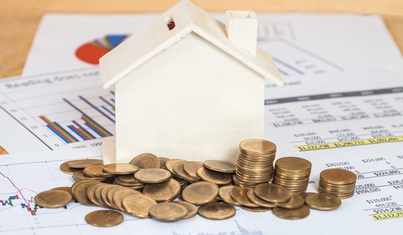Landlords will no doubt feel they have been dealt a bad hand over the past couple of years. An array of changes to taxation, together with more regulation in renting properties, has left many to consider the future of their property business.
Two new changes on the horizon will add to the need for landlords to plan ahead, the first of which is a steep increase in when Capital Gains Tax (CGT) is due on the sale of residential property.
If you are selling residential property you will soon only have 30 days to pay your tax!
The government have decided they want to receive the tax on residential property sales much sooner and therefore from 6 April 2020, UK residents who dispose of UK residential property will need to pay CGT and submit a CGT return, within 30 days of completion of the sale. For example, if a sale completes on 1 August 2020, the CGT will be due on 30 August 2020.
Currently taxpayers have either 10 or 22 months to pay CGT, so this is a significant change and there will be penalties and interest charged for failure to comply with these rules.
The new rules apply to individuals, trustees and personal representatives and there are some exemptions in place with certain sales, for example the sale of your main residence.
Non-Residents already fall within this regime and from 6 April 2019 this was extended to apply to direct and indirect disposals of all UK land (whether or not a gain arises).
In addition to this, many landlords have rental properties which were once their main residence and have subsequently been let out. Where conditions are met, they could benefit from significant tax savings under reliefs known as Principal Private Residence Relief and Lettings Relief.
Changes to Principal Private Residence Relief and Lettings Relief
Currently if you let a residential property you have once lived in and decided to sell it, you could benefit from up to £40,000 lettings relief (£80,000 if joint owners and you both lived in the property) to reduce your taxable gain. This has been a valuable relief for many years, and is especially helpful to those couples who each had their own home, and then moved into one and rented the other.
However, from 6 April 2020 you will only be able to claim this relief if you are still living in the property at the time of letting. This could therefore have a significant impact on landlords who have banked on this relief reducing their CGT exposure. It is worth noting, there are no transition rules. Lettings relief doesn’t continue to be available for the period up to 6 April 2020, it is simply removed altogether and therefore many will argue this is a brutal withdrawal of this relief.
In addition, current rules are that the last 18 months of ownership of a property that is or has once been your main residence are always deemed to be exempt from capital gains tax, even if you did not live in the property during this time, and this is being reduced to 9 months at the same time.
If you rent out a room in your main home then there are separate rules which provide tax relief of up to £7,500 and these should be explored to optimise your tax position.
If you let out property that was your main home then it is important to review how these changes impact you.
What should you do?
Landlords have faced so many changes over recent years with the restriction of mortgage interest relief, additional Stamp Duty Land Tax and the new regime for Non-Residents to name a few. The new CGT payment regime and changes to relief of properties once lived in and then let, is a further cash-flow blow!
If you own property and you haven’t yet received tax advice to understand how the maze of changes will impact you then get in touch. Our tax team specialise in helping landlords and property developers and are well placed to advise.



